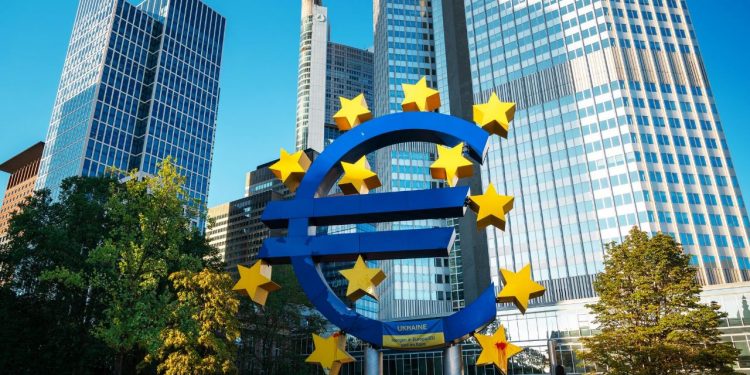Brexit, the United Kingdom’s withdrawal from the European Union, has had far-reaching implications across various sectors, including the property market. As an EU member state, Malta has experienced both direct and indirect effects of Brexit on its property market. In this article, we will explore the impact of Brexit on Malta’s property market and the factors that have shaped its dynamics.
One of the key consequences of Brexit on Malta’s property market has been the changing demand from British buyers. Historically, British nationals have been significant investors in Malta’s property market, drawn by the country’s attractive lifestyle, tax regime, and English-speaking population. However, with the uncertainties surrounding Brexit, some British buyers have become more cautious and have taken a wait-and-see approach before making property investments abroad.
The decline in British demand has created opportunities for other international buyers to enter the market. Non-British EU nationals and buyers from countries outside the EU have shown increased interest in Malta’s property market. This diversification of buyers has helped mitigate the potential negative impact of Brexit on the property market.
Another factor influencing Malta’s property market in the context of Brexit is the relocation of businesses and professionals. Some companies, particularly those in the financial services sector, have chosen to relocate their operations or establish a presence in Malta to maintain access to the EU market. This has resulted in an increased demand for commercial properties and rental accommodation for employees, boosting certain segments of the property market.
Furthermore, the Maltese government has actively implemented measures to attract foreign investment, including offering citizenship and residency programs. These initiatives, coupled with a growing reputation as a global financial and technology hub, have helped sustain demand in the property market.
It is worth noting that the impact of Brexit on Malta’s property market has not been uniform across all segments. While some areas and property types may experience a slowdown due to decreased British demand, others may remain resilient or even experience growth due to increased interest from other international buyers. Location, property quality, and price point play crucial roles in determining the market dynamics.
Moreover, the long-term implications of Brexit on Malta’s property market are still evolving. As negotiations between the UK and the EU progress and future trade agreements are established, the landscape may shift again. It is essential for investors and stakeholders in the property market to closely monitor developments and adapt their strategies accordingly.
Brexit has undoubtedly had an impact on Malta’s property market, primarily through changing demand patterns from British buyers. However, the market has demonstrated resilience by attracting other international buyers and benefiting from the relocation of businesses to the island. The diversification of buyers and government initiatives to attract foreign investment have helped maintain stability and growth in certain segments of the market. As the Brexit process continues to unfold, it is crucial to remain vigilant and adaptable to seize opportunities and navigate the evolving landscape of Malta’s property market.




